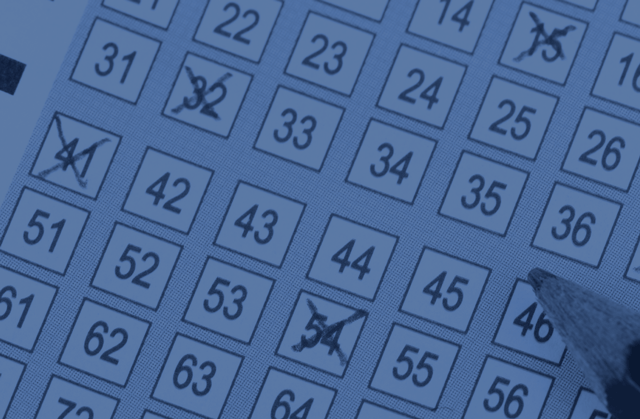Keno tax
Keno operators pay tax on play by Victorian players.

What is keno tax?
Keno tax is paid monthly on revenue earned from players located in Victoria. It applies to licensed keno operators and covers both retail and online games. The revenue supports health and community services via the Hospitals and Charities Fund.
Understanding keno taxOnline services
Legislation and regulations
Get in contact with us
Subscribe to our email




